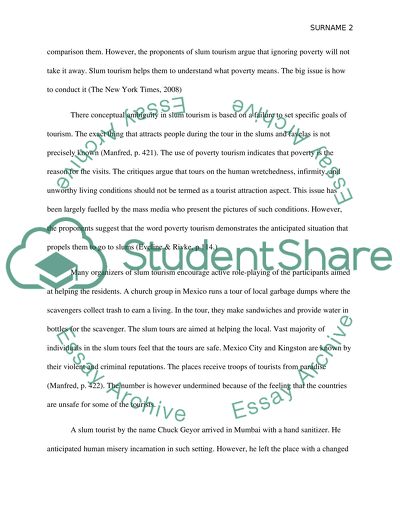Cite this document
(The Ethics of Poor Tourism Term Paper Example | Topics and Well Written Essays - 1250 words - 1, n.d.)
The Ethics of Poor Tourism Term Paper Example | Topics and Well Written Essays - 1250 words - 1. Retrieved from https://studentshare.org/tourism/1671713-argument-essay
The Ethics of Poor Tourism Term Paper Example | Topics and Well Written Essays - 1250 words - 1. Retrieved from https://studentshare.org/tourism/1671713-argument-essay
(The Ethics of Poor Tourism Term Paper Example | Topics and Well Written Essays - 1250 Words - 1)
The Ethics of Poor Tourism Term Paper Example | Topics and Well Written Essays - 1250 Words - 1. https://studentshare.org/tourism/1671713-argument-essay.
The Ethics of Poor Tourism Term Paper Example | Topics and Well Written Essays - 1250 Words - 1. https://studentshare.org/tourism/1671713-argument-essay.
“The Ethics of Poor Tourism Term Paper Example | Topics and Well Written Essays - 1250 Words - 1”, n.d. https://studentshare.org/tourism/1671713-argument-essay.


